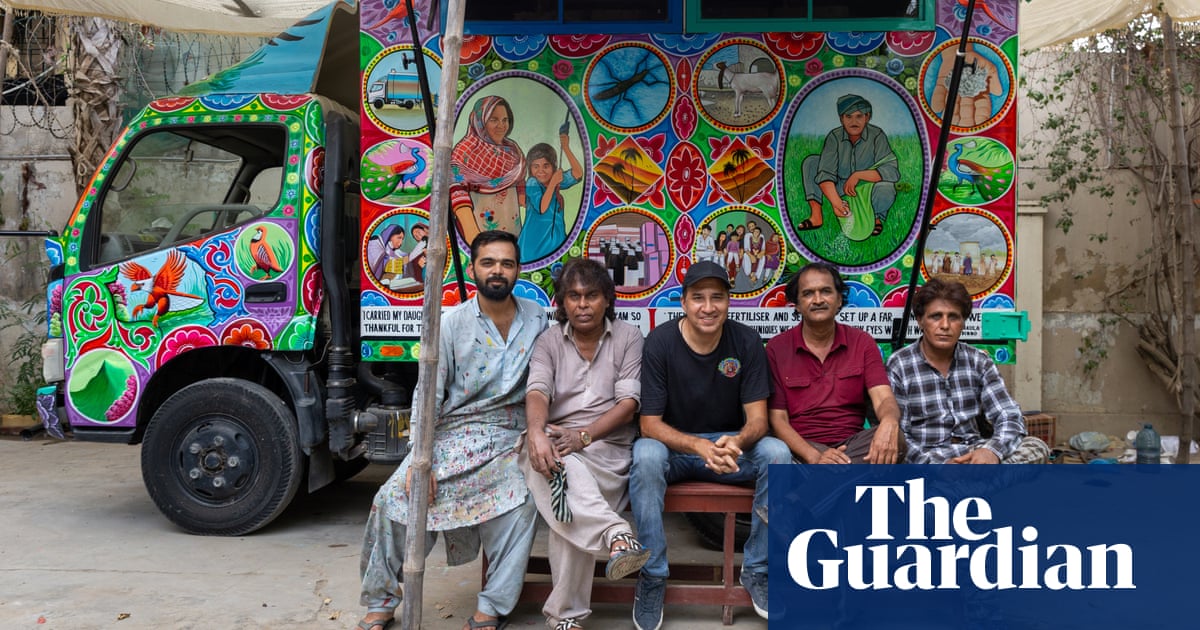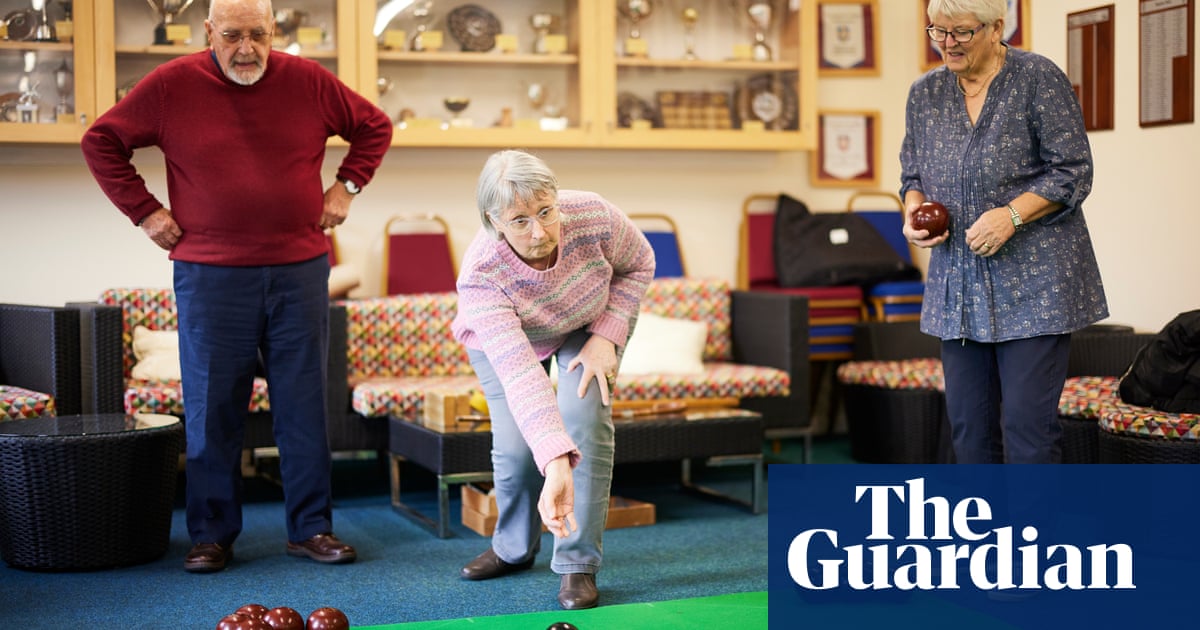
nder the shade of umbrellas, pensioners eat cake at a cafe, children slosh cups of juice, and students clink beer bottles, smoking, laughing and talking loudly enough to be heard above the buzz of people who are now … everywhere.
On 18 May, the doors of cafes, restaurants and shops were flung wide in Denmark and the high streets are bustling again. Even hairdressers have reopened (what did we learn during lockdown? How many Danes are natural blondes).
There are no face masks in sight, few gloved hands, and little sign of any seismic global interruption. The only visible difference between the throng pre-lockdown and now is that pedestrians walk in “lanes”, depending on their direction of traffic, and mobile hand sanitiser stations are parked at intervals along the high streets. Sanitiser pumps grace every shop doorway and smaller retailers display signs instructing customers how many are allowed in at any given time. But Danes are happy to comply for the most part – if there are already four people buying ice-cream, they’ll just come back later.
Denmark was one of the first countries in Europe to lock down on 11 March. The borders were closed two days later and Denmark’s famous hygge was put to the test as Danes were forced to stay home (although no restrictions were placed on outdoor exercise). As a rule-abiding bunch, Danes trusted that the government had their best interests at heart and so did as they were told. Every Saturday during lockdown, locals flew the Danish flag in solidarity and instead of clapping for health workers, Denmark’s answer to TV choirmaster Gareth Malone led Daily Morgensang (Daily Morning Song) on TV station DR1 to keep morale up. And it worked. Prime minister Mette Frederiksen’s hard and fast coronavirus strategy paid off – in a country of 5.8 million, the number of Covid-19 deaths stands at just 563 at time of writing and infection rates are low (0.7).
Curve duly flattened, Denmark was the first country in Europe to reopen primary schools – as well as kindergartens and day-care institutions – in mid-April, following the advice that young children were the least at risk. Some were nervous at the idea of sending small children out to test the water, but after five weeks of supposedly “working from home” with three kindergarteners, I was tempted. With work Zoom calls regularly gatecrashed by Elsa from Frozen and bare bottoms (lockdown brought out the nudist in my kids), my husband and I decided to go for it. Socialising young children is considered crucial in Denmark and as one psychologist friend put it: “We like the idea that children are brought up not only by their parents but by a whole society, including teachers, school friends, grandparents etc. They learn different perspectives from different relationships.” He added: “I also like the idea that I’m not the only one responsible for their development and wellbeing.”
Danes worked out quickly that social distancing was impossible with young children, who essentially lick everything they see. Instead, kids stay in “protective bubbles” – keeping to their own zones in the playground in small groups and sticking with the same teacher. Pupils from different classes are assigned different entrances and no parents are allowed inside the school. There are no face masks – for pupils or teachers; lessons are outside whenever possible, and handwashing is hourly (eczema flare-ups abound). Teachers sport hand-sanitiser sprays like cowboys in a weird western and all equipment is disinfected several times a day.
Denmark’s schools started off with a two-metre social distancing rule, but this has now been reduced to one metre and dropped entirely for kindergarteners. From 18 May, kids aged 11-plus returned to school, and they were also separated into smaller groups. This has been a logistical challenge but teachers have already seen the better teacher/child ratio as beneficial to behaviour – and kids polled say they’re glad to be back, following the isolation of home schooling.
Many adults, by contrast, are content to still be working from home (without distractions). Denmark was already renowned for its work-life balance, but lockdown life has highlighted the importance of flexibility for employees. Some office workers are returning to their desks a few days a week, but there’s a sense that employers can no longer demand the same presenteeism or demanding commutes as before. Meeting face to face isn’t always necessary and shaking hands – previously a stalwart of Danish etiquette, done with everyone from your GP to your dentist and every member of a social gathering – is now a thing of the past.
I can live without handshakes. What I miss are hugs, from friends. Socialising online made many of us strangely intimate. We didn’t know when we’d next see each other and so we opened up, skipping the small talk. Once we were officially allowed to socialise again in small groups, it was strange at first, tuning into friends in real life and talking about things other than coronavirus. But after the initial awkwardness, it was … brilliant (and blurry. Sore heads all around the next day). When restaurants and bars reopened, we emerged, blinking, from our homes, conscious of trying to keep up the meaningful connections that were somehow easier and more frequent when “normal life” wasn’t in the way.
Danes have now been advised that they can see and even hug grandparents again, but for those with very elderly relatives or in at risk groups, the isolation continues. Hospitals are coping, but the threat of coronavirus means that anyone admitted is tested for Covid-19 as a matter of course and no visitors are allowed. I don’t know when I’ll see family in the UK since borders are still closed to foreign visitors (with some exceptions). But for the majority of those living Danishly, the silence of lockdown has been a time to re-evaluate – to notice things, good and bad, take stock, break habits and start over. Many are relearning the delights of the Danish countryside, of slowing down, of looking after each other. And now, in Denmark, there’s a mood of optimism best summed up by the slogan det bliver godt igen – or “it will be good again”.
• Helen Russell is the bestselling author of The Year of Living Danishly. Her latest book, The Atlas of Happiness, is out now












